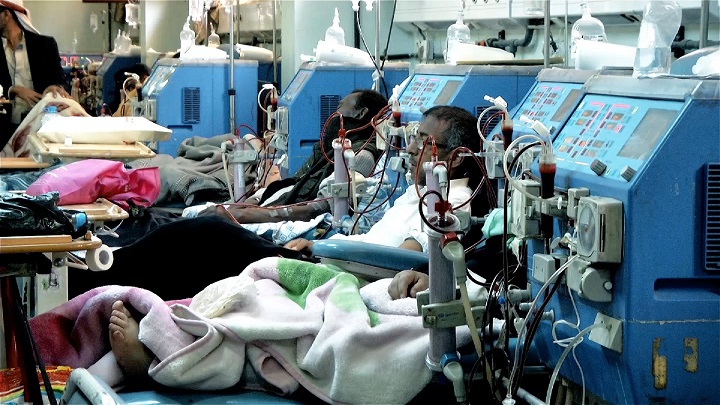Humanitarian Aid Organizations’ Response to Dire Situation in Yemen Reckless and Lethal
YemenExtra
SH.A.
In a country witnessing the worst humanitarian disaster in the world, neither war nor siege are the only cause of this disaster. Some of the “helping” hands that provided aids share some of the damage imposed on the Yemeni people, which have brought death to thousands. Almasirah TV in an investigation, of the work done by some International Organizations, highlighted serious acts that have contributed to increasing the suffering of people in dire need of these organizations help. The camera traveled from one health center to another and from one government office to another in search of answers for the deteriorating situation of the health infrastructure. In between, the stories of many patients, victims of the US-Saudi siege and bad healthcare system.



.jpg)
.jpg)
.jpg)